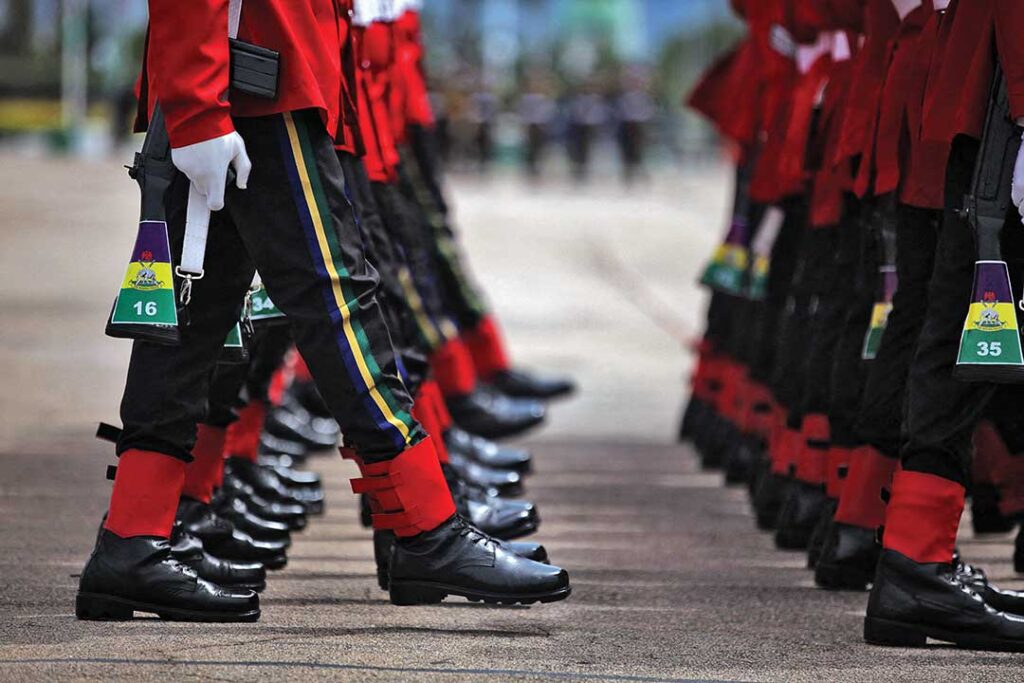AFRICA CENTER FOR STRATEGIC STUDIES
On the sidelines of the U.S. Africa Leaders Summit in Washington, D.C., the Africa Center for Strategic Studies conducted a dialogue with senior African security officials on December 14, 2022. ADF has edited the ACSS report for length and to conform to the magazine’s format.
“The armed forces in many African countries represent a threat to security because of their lack of military professionalism.”
This was an assessment by Gen. Mbaye Cissé, national security advisor to the president of Senegal, speaking to senior security officials from 30 African countries at an Africa Center for Strategic Studies (ACSS) dialogue discussing military professionalism and education on December 14, 2022.
In addition to remarks by Cissé, the dialogue featured insights from U.S. Secretary of the Army Christine Wormuth and commander of United States Africa Command, Gen. Michael Langley.
Between 2020 and the end of 2022, Africa experienced seven military coups and six attempted coups, upending a two-decade trend of diminishing incidences of coups on the continent. At risk is a return to the period known as Africa’s “lost decades,” an era from 1960 to 1990 that experienced 82 coups, and was characterized by misgovernance, stagnant development, corruption, impunity and instability.
Alarmed by the growing number of recent coups, the African Union held a summit on the issue in May 2022. In December 2022, the leaders of the Economic Community of West African States committed to establishing a regional force to restore constitutional order in member countries that experience coups.
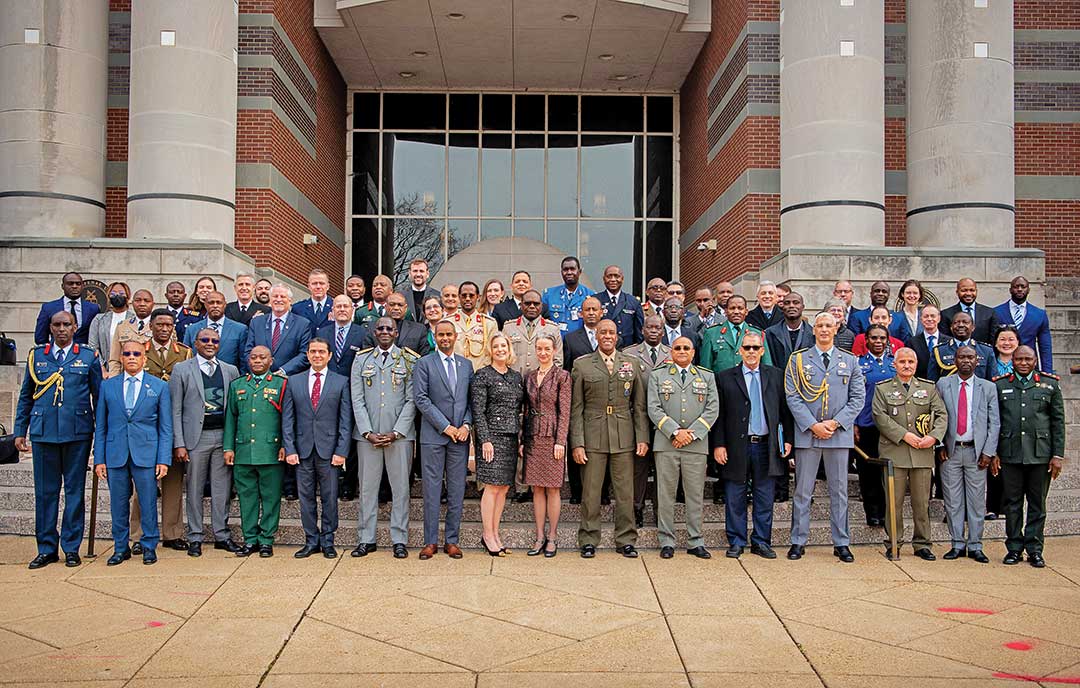
Military professionalism is a means to effectively provide security for citizens in a manner that upholds the rule of law and safeguards human rights. Achieving this requires strong ties to local communities and a commitment to educating the armed forces about their responsibilities to society.
Cissé said that “there is a correlation between military effectiveness and the relationship between a country’s military and the public.” The rationale is that military support of community interests builds trust. This trust mitigates against the emergence of violent extremism and facilitates more effective responses against security threats. “An army that does not invest in education and ethics in relation to the population pays a price in terms of security,” he added.
Legacy of Repression
Professionalism can be a particular challenge for African militaries because of the legacy of colonialism. “One aspect of the heritage of colonialism is that security forces’ main mission was repression,” said Cissé. “The forces were not united, they were artificial, and were too present in the political arena. This is an ongoing handicap.”
For these reasons, the leaders of the continent’s military forces must make a dedicated effort to strengthen and sustain military professionalism. Such professionalism does not emerge by chance but is a dedicated outcome. It must be constantly reinforced, refined and perpetuated.
Central to creating a culture of military professionalism is instilling within service members, from the lowest rank to the most senior officer, core societal values and principles. Values such as integrity, honor, expertise, sacrifice and respect for citizens do not necessarily emerge naturally but must be taught and regularly refreshed.
Nearly all militaries provide tactical training and exercises, establishing core competencies. However, many lack an intentional strategy to build a set of core values. Creating such shared values has a powerful unifying effect, amplifying force cohesion and effectiveness.
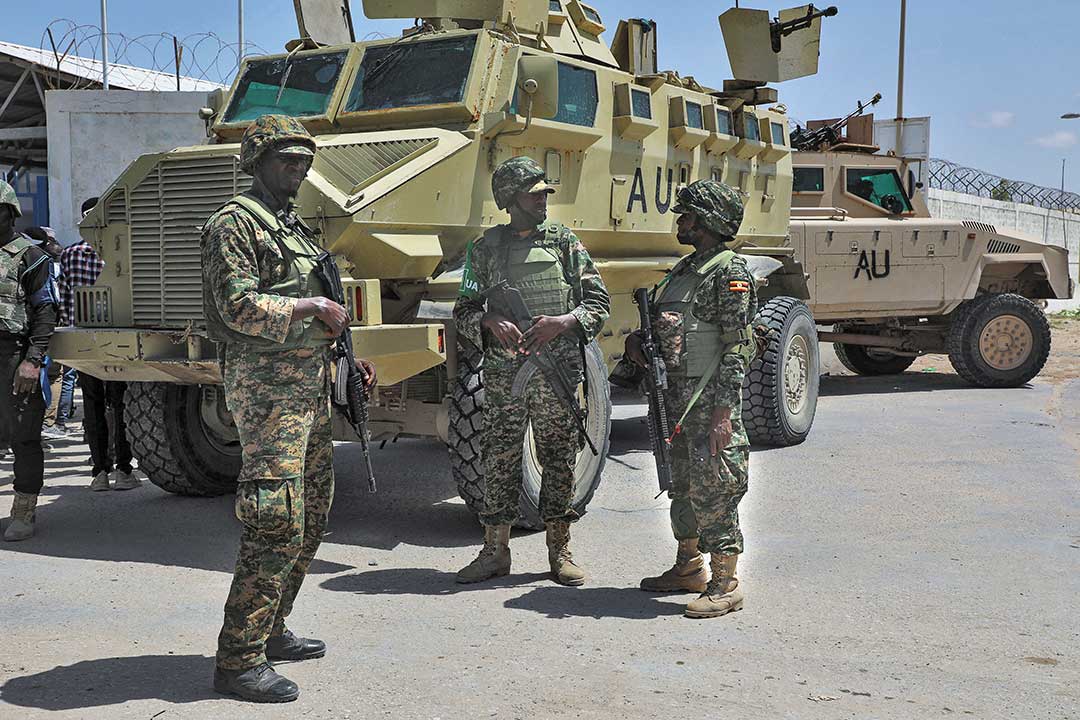
Wormuth noted that in the U.S. military, general officers regularly participate in professional development programs, including an ongoing process of instilling values of professionalism and creating leadership development opportunities for subordinates.
Cissé stressed “the importance of teaching military officers the value of democracy and the role of a military within a democratic society.” These values must be learned and cannot be taken for granted, especially in countries without a strong democratic tradition.
There is a role for the international democratic community to help anchor democracy and an ethos of military professionalism in Africa, said Cissé. “When African regional organizations sanction coups, then it is important that the international democratic community get behind and support these sanctions.”
Senegal has emphasized public service as a core value through its “armée-nation,” the engagement of its army in infrastructure, health and education projects at the community level. By supporting human security, the army is also reinforcing norms of ethical behavior toward citizens.
Embedding Values
Professional military education (PME) is a primary vehicle through which an ethos of military professionalism can be institutionalized. Unlike training, which focuses on tactical skills and operational proficiencies, PME aims to cultivate leadership, strategic vision and ethical values.
Langley’s experience is that PME is particularly vital for “emphasizing democratic values, including upholding the rule of law, especially in conflict.” Likewise, PME is integral for instilling respect for civilian control. The two are complementary as it is the leadership and values gained through PME that enable military officers to be effective advisors to civilian leaders.
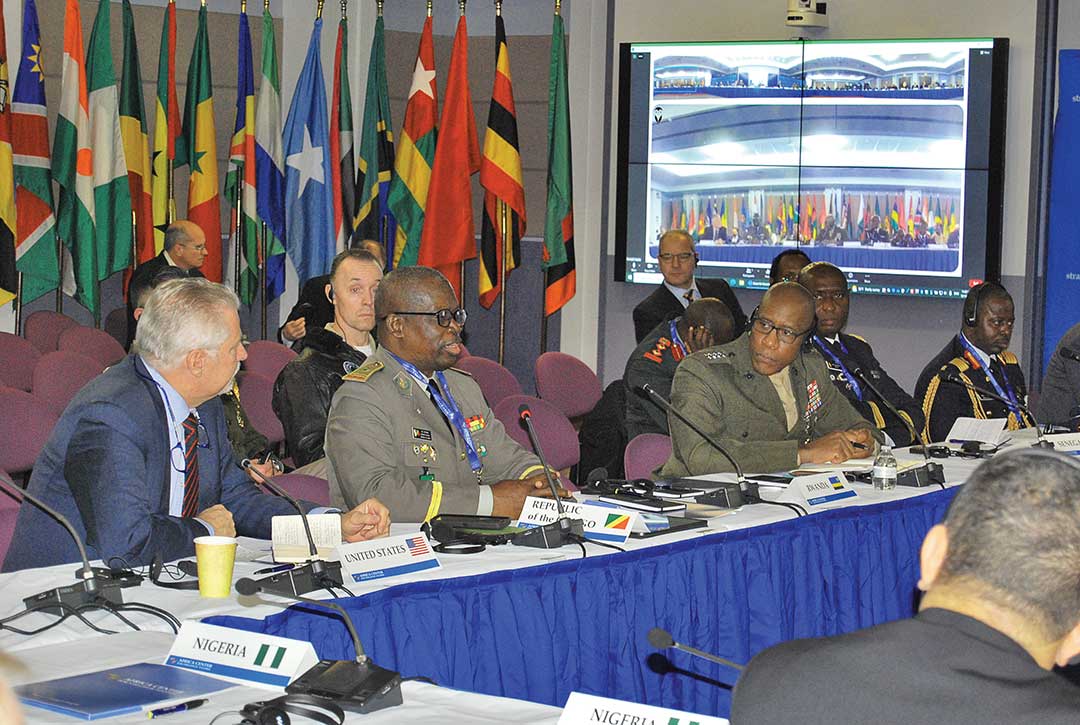
Cissé said that “without PME, you will not have stability.” He cautioned that PME must focus on the core priorities of a society. They need to be practical and relevant to the national context. In Senegal, he feels, PME is an essential means of building an army that defends democratic institutions.
Merit-based recruitment and promotion is another means by which military professionalism can be institutionalized. The pattern of recruiting predominantly from the ethnicity of the president, seen in some African militaries, creates a chain of command more loyal to the president than to the constitution. Ethnically biased armed forces lack the popular trust, legitimacy and competency of merit-based forces, hindering their effectiveness. Selection to PME institutions, Cissé said, needs to be merit-based with exams that officers must pass for promotion.
Cissé characterized the recent backsliding in military professionalism in Africa as evidence that PME needs to be reassessed and reoriented.
“We have many PME academies in Africa, but we need to rethink the content they are teaching,” he said. “In this sense, PME institutes are not sufficient. Nor are there sufficient resources available to support them.”
Civilian and military leaders have critical roles in security decision-making, though they are different and complementary. Democratically elected civilian leaders are responsible for setting a vision, strategy and policy for the security interests of a country. Military leaders are then responsible for implementing that guidance in as effective and professional a manner as possible. The ultimate decision-makers are civilian leaders.
Cissé stressed the importance of the military role being clearly defined. “It is the absence of clear borders between the political and military arenas that leads to decreased stability.”
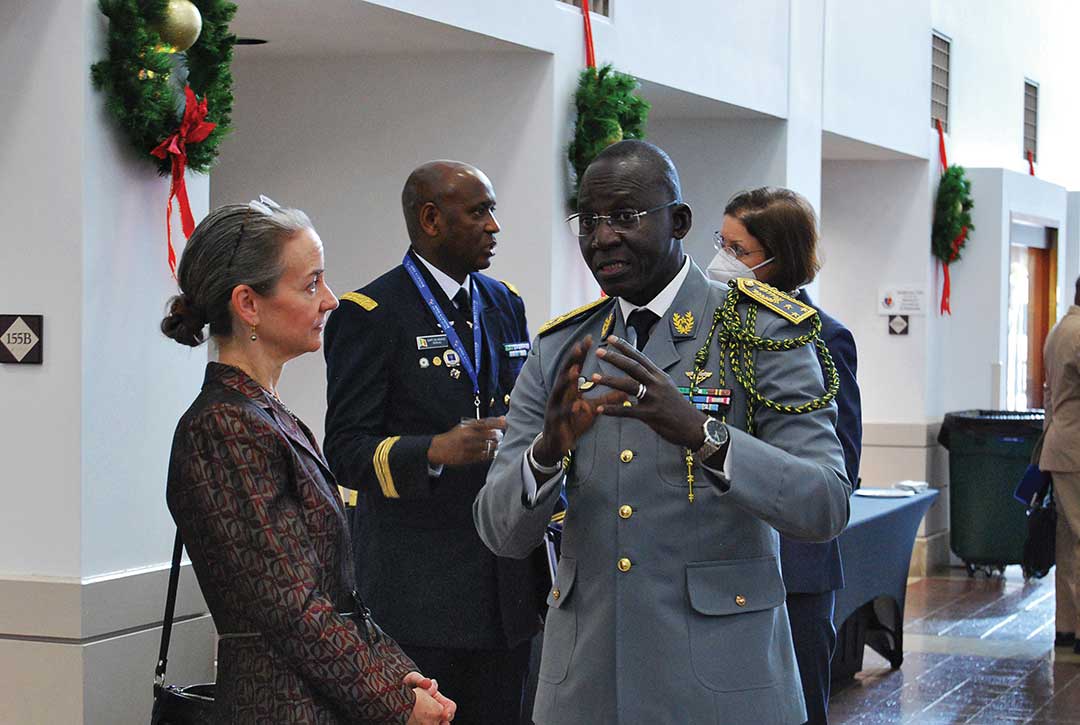
Wormuth said that “civilians bring different perspectives and ask different questions than military leaders. Civilians also bring outside world sensitivities to military decision-making.”
In the end, “military leaders need to trust civilian decision-making” under democratic systems, said Wormuth. “Civilians have the right to be wrong. Their job is to make decisions — and then to be held accountable.”
In short, effective civil-military relations are a two-way process that requires regular maintenance.
Security is essential for strengthening democracy and economic development in Africa. With most African conflicts and threats to citizen security emerging from domestic political crises, military professionalism can be an indispensable stabilizing factor.
“We need African militaries to serve the public,” Cissé said. “We need African militaries to be autonomous, accountable and respectful of democratic values. If they are not, we will constantly be starting over and will not have stability.”
A Professional Military Is an Asset
In a 2015 report, “The Armed Forces: Roles and Responsibilities in Good Security Sector Governance,” the Geneva Centre for Security Sector Governance listed these benefits of having a professional military:
- More effective national and citizen security provision.
- Politically neutral military officers.
- National and republican armed forces.
- Clearly defined vision, mission and role for each security organization.
- Greater responsiveness to national security priorities.
- More efficiency in the alignment and use of resources and greater legislative and public support to fund the military.
- Security forces that uphold the law, respect human rights, and are accountable to a military code of conduct and civilian oversight.
- Enhanced public trust, respect and support for security forces.

